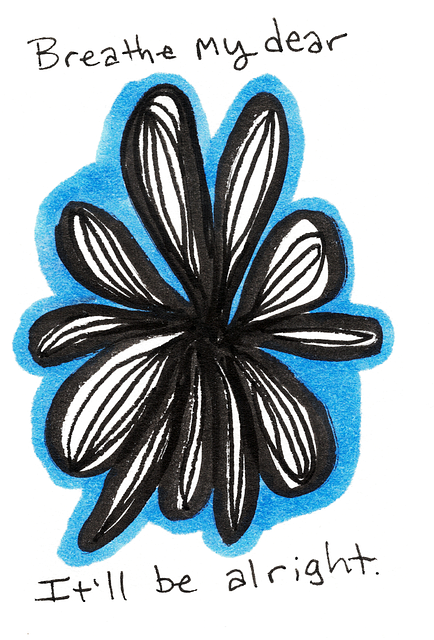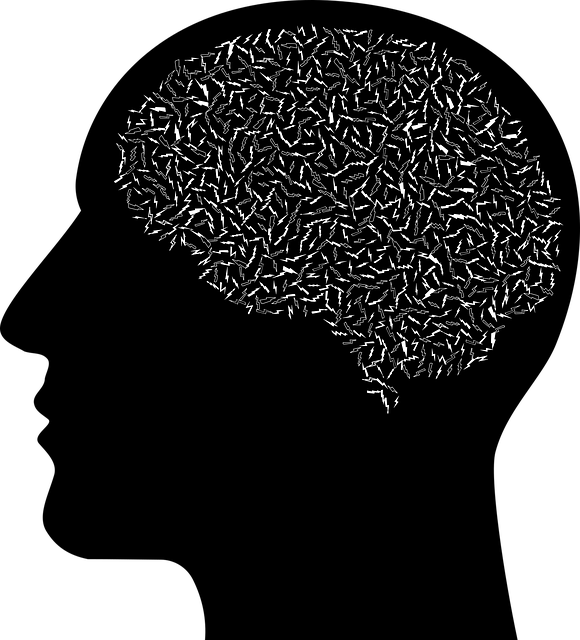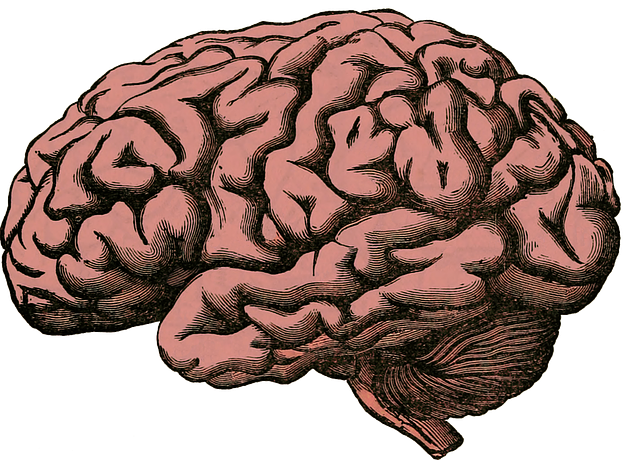Mindfulness, as taught through Castle Rock Acceptance and Commitment Therapy (CRACT), is a powerful tool for mental wellness, focusing on present-moment awareness and acceptance. Creating a dedicated meditation space enhances this practice, offering a tranquil environment to develop skills in managing emotions and behaviors. CRACT combines cognitive therapy with mindfulness techniques like defusion, reappraisal, and acceptance, aiding depression prevention and improving overall well-being. Meditation practices, including breathing exercises and visualization, promote mental clarity, emotional balance, and resilience, while integrating mindfulness into daily life fosters a more balanced and meaningful existence.
Discover the transformative power of mindfulness meditation with our comprehensive guide. This practice, rooted in ancient wisdom, has gained modern popularity for its ability to reduce stress and enhance well-being. We explore Castle Rock Acceptance and Commitment Therapy (CRACT) as a framework for understanding and cultivating mindfulness. From setting up a peaceful meditation space to integrating awareness into daily life, learn techniques to deepen your practice and reap the benefits beyond the cushion.
- Understanding Mindfulness and Castle Rock Acceptance and Commitment Therapy (CRACT)
- Setting Up Your Meditation Space: Creating a Peaceful Haven
- Techniques and Exercises for Effective Meditation Practice
- Integrating Mindfulness into Daily Life: Cultivating Awareness Beyond the Cushion
Understanding Mindfulness and Castle Rock Acceptance and Commitment Therapy (CRACT)

Mindfulness is a mental state achieved by focusing one’s awareness on the present moment while calmly acknowledging and accepting feelings, thoughts, and bodily sensations. It involves observing your experiences without judgment, fostering a deeper understanding of yourself and your surroundings. This practice has its roots in ancient Buddhist philosophy but has gained prominence in modern times through various therapeutic approaches. One such innovative method is Castle Rock Acceptance and Commitment Therapy (CRACT).
CRACT integrates mindfulness techniques with cognitive therapy to help individuals develop coping skills for managing difficult emotions and behaviors. It encourages acceptance of internal experiences rather than fighting or avoiding them, promoting a more balanced and flexible mindset. By combining mindfulness meditation practice with specific techniques like defusion, reappraisal, and acceptance, CRACT aids in depression prevention and overall mental wellness. This therapeutic approach is often explored through engaging Mental Wellness Podcast Series Production content, offering practical insights for individuals looking to enhance their mental health and well-being.
Setting Up Your Meditation Space: Creating a Peaceful Haven

Creating a dedicated meditation space is an essential step in your mindfulness journey, serving as your personal sanctuary for peace and mental wellness. Think of it as your very own Castle Rock Acceptance and Commitment Therapy center—a place where you can retreat to escape the chaos of daily life. The key is to transform a corner or room into an environment that fosters relaxation and encourages a mindful practice.
Consider natural elements like soft lighting, plants, and perhaps even a water feature to create a serene atmosphere. Keep it organized with a comfortable seat or cushion, ensuring your space is free from distractions. This prepared environment will support your mental wellness goals, making each meditation session more productive. It’s an investment in your Mood Management that can have a profound impact on your overall well-being and stress management skills, even beyond the walls of your carefully curated sanctuary.
Techniques and Exercises for Effective Meditation Practice

Meditation practice is a powerful tool for cultivating mental clarity, emotional balance, and overall well-being. To make the most out of your sessions, incorporate various techniques that cater to different aspects of mindfulness. One effective approach, rooted in Castle Rock Acceptance and Commitment Therapy (ACT), focuses on accepting one’s thoughts and emotions without judgment, allowing individuals to disengage from unhelpful mental patterns. This practice can involve mindful breathing exercises, where you observe the rise and fall of your chest or the sensation of air passing through your nostrils, helping to anchor you in the present moment.
Additionally, body scan meditations guide practitioners through a systematic attention of physical sensations, promoting awareness and emotional regulation. For those dealing with trauma or seeking mood management tools, visualization techniques can be transformative. Envisioning calm and peaceful scenes while focusing on sensory details aids in shifting one’s mindset. These exercises are not just beneficial for relaxation but also play a pivotal role in emotional regulation and trauma support services, enabling individuals to develop resilience and cope with stressors more effectively.
Integrating Mindfulness into Daily Life: Cultivating Awareness Beyond the Cushion

Integrating mindfulness into daily life goes beyond the cushion and is a powerful tool for cultivating awareness and enhancing overall well-being. After all, the goal of mindfulness meditation is not just to achieve tranquility during a set practice time but to develop a heightened sense of presence throughout the day. By incorporating Castle Rock Acceptance and Commitment Therapy (ACT) principles, individuals can learn to navigate challenges with greater flexibility and resilience.
This shift in perspective encourages practitioners to apply mindfulness during mundane tasks or stressful situations, such as engaging in Burnout Prevention Strategies for Healthcare Providers or implementing effective Risk Management Planning for Mental Health Professionals. Adopting Mind Over Matter principles allows one to become more attuned to their thoughts, emotions, and bodily sensations, fostering a deeper understanding of themselves and their reactions. Ultimately, this cultivates awareness that extends beyond formal meditation practice, creating a more balanced and meaningful life.
Mindfulness meditation, enhanced by practices from Castle Rock Acceptance and Commitment Therapy (CRACT), offers a transformative path towards mental clarity and well-being. By establishing a peaceful meditation space, employing effective techniques, and integrating mindfulness into daily routines, individuals can cultivate a deeper sense of awareness and resilience. This holistic approach not only promotes relaxation but also equips folks with the tools to navigate life’s challenges with grace and purpose.














